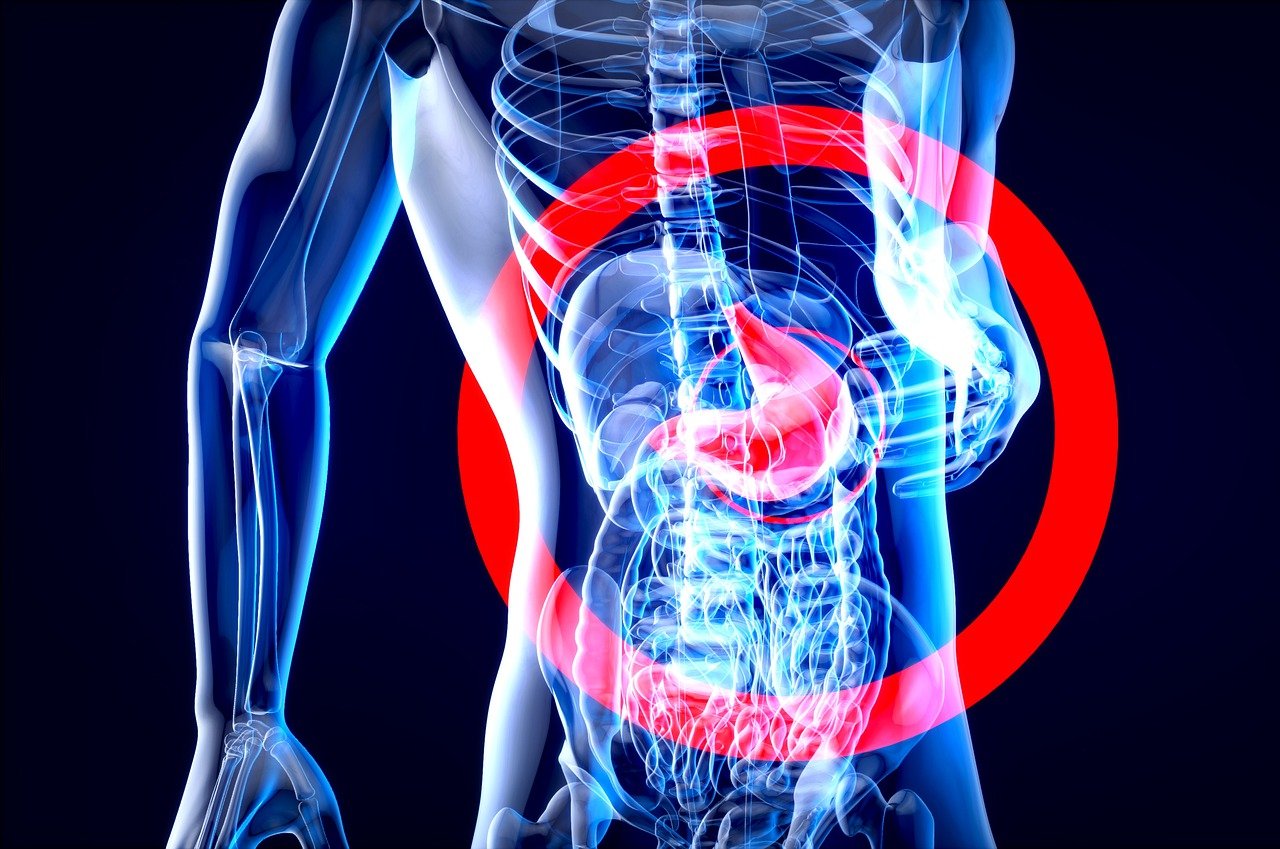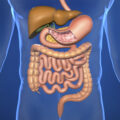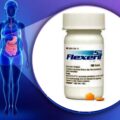Phentermine is a prescription medication commonly used to assist in weight loss by suppressing appetite. However, like many drugs, it can linger in the body even after the prescribed period, leading individuals to seek ways to flush it from their system. It’s essential to note that discussing the elimination of medication from your system should be done under the guidance of a healthcare professional.
In this article, we will explore natural methods to support the elimination of phentermine while emphasizing the importance of consulting with your healthcare provider.
What is Phentermine?
Phentermine is a prescription medication primarily used for short-term weight management in individuals who are overweight or obese. It belongs to a class of drugs known as sympathomimetic amines. The primary purpose of phentermine is to aid in weight loss by suppressing appetite, making it easier for individuals to adhere to a reduced-calorie diet.
The mechanism of action of phentermine involves its interaction with the central nervous system. More specifically, the drug stimulates the release of neurotransmitters, such as norepinephrine and dopamine, from nerve terminals in the brain. These neurotransmitters play a crucial role in regulating appetite and satiety. By enhancing the release of these chemicals, phentermine helps to reduce hunger and create a feeling of fullness, which, in turn, supports the overall goal of caloric restriction and weight loss.
Phentermine primarily acts on the hypothalamus, a region of the brain responsible for the regulation of various physiological processes, including appetite. It stimulates the release of norepinephrine, a neurotransmitter that signals the brain to reduce hunger and increase the feeling of fullness. Additionally, phentermine may also increase the levels of serotonin, another neurotransmitter associated with mood and appetite regulation.
While phentermine is an effective tool for weight loss when used in conjunction with a proper diet and exercise program, it is essential to recognize that it is not a standalone solution. Phentermine is typically prescribed for short-term use due to concerns about potential side effects and the risk of developing tolerance. It is crucial for individuals taking phentermine to do so under the supervision of a healthcare professional who can monitor its effects, adjust the dosage if necessary, and provide guidance on lifestyle changes to maximize its benefits.
Phentermine and Drug testing
If you are taking phentermine and are subject to drug testing, there are important considerations to keep in mind.
- Standard Drug Tests: Phentermine is not a substance that is typically included in standard drug tests. Standard drug tests, such as 5-panel or 10-panel urine tests, are designed to detect common drugs of abuse, such as marijuana, cocaine, amphetamines, opioids, and benzodiazepines. Phentermine does not fall into these categories, so it is unlikely to trigger a positive result in standard drug tests.
- Specific Testing: If a specific test for phentermine is required, it can be included in specialized drug screenings. However, this is not common in routine employment or standard drug testing procedures.
- False Positives: It’s essential to be aware that while phentermine itself may not be a common cause of false positives, some amphetamine-based drugs can lead to false positives for amphetamines in standard drug tests. Phentermine is chemically related to amphetamines, so cross-reactivity is a possibility. In such cases, confirmatory testing, such as gas chromatography-mass spectrometry (GC-MS) or liquid chromatography-mass spectrometry (LC-MS), can be used to distinguish between phentermine and illicit amphetamines.
- Prescription Disclosure: If you are subjected to a drug test, it is crucial to disclose any prescription medications you are taking to the testing facility or your employer. Providing this information ensures that any positive results are interpreted correctly, considering your legitimate use of prescription medications.
- Doctor’s Note: If you are concerned about potential issues with drug testing due to phentermine use, it may be helpful to obtain a note from your prescribing doctor. This note can confirm that you are under legitimate medical treatment with phentermine and can be presented if needed during drug testing.
How to Flush Phentermine from Your System Safely
Before embarking on any Phentermine detoxification method, it is crucial to consult your healthcare provider. They will provide personalized advice based on your medical history, current health status, and any potential interactions with other medications. Abruptly stopping phentermine, without professional guidance can lead to withdrawal symptoms and adverse effects on your health. Here is how to naturally flush Phentermine out of your system safely:
Stay Hydrated
Drinking an ample amount of water is essential for overall health and can aid in the elimination of substances from the body. Water helps flush toxins through urine, and staying hydrated is crucial for maintaining kidney function. Adequate hydration may support the excretion of phentermine and its metabolites.
Incorporate Diuretic Foods
Certain foods with diuretic properties can enhance the elimination of fluids from the body, potentially aiding in the removal of phentermine. Examples of diuretic foods include cucumber, watermelon, celery, and lemon. These foods may help increase urine production and support the detoxification process.
Adopt a Balanced Diet
Eating a well-balanced and nutritious diet is fundamental to supporting overall health, including the detoxification process. Include plenty of fruits, vegetables, whole grains, and lean proteins in your diet. Antioxidant-rich foods, such as berries and leafy greens, may help combat oxidative stress associated with drug metabolism.
Engage in Regular Exercise
Physical activity promotes blood circulation, sweating, and overall metabolic function, which can contribute to the elimination of substances from the body. Engaging in regular exercise, such as cardiovascular activities and strength training, may enhance the detoxification process. However, it is essential to start slowly and gradually increase intensity, considering individual fitness levels and health conditions.
Sauna Sessions
Saunas induce sweating, which is one of the body’s natural mechanisms for eliminating toxins. While there is limited research specifically on phentermine elimination, saunas have been shown to assist in the excretion of certain drugs and environmental pollutants. However, individuals with cardiovascular or respiratory conditions should consult their healthcare provider before using saunas.
Support Liver Function
The liver plays a crucial role in drug metabolism and elimination. Supporting liver health can aid in the breakdown of phentermine and its byproducts. Foods rich in antioxidants, such as berries and cruciferous vegetables, may support liver function. Additionally, herbal teas like dandelion or milk thistle may have liver-protective properties.
Adequate Sleep
Quality sleep is essential for overall health, including the body’s ability to detoxify. During sleep, the body undergoes various processes, including the elimination of waste products. Establishing a regular sleep routine and ensuring adequate sleep duration may contribute to the efficient elimination of phentermine from your system.
Consider Natural Detoxifying Supplements
Certain natural supplements are believed to have detoxifying properties and may support the elimination of substances from the body. Milk thistle, for example, is often touted for its potential liver-protective effects. However, it is crucial to approach supplements with caution, as they may interact with medications or have unintended side effects. Consult your healthcare provider before incorporating any supplements into your routine.
Conclusion
While there is limited scientific evidence specifically addressing the elimination of phentermine from the body, adopting a healthy lifestyle may support overall well-being and potentially aid in the detoxification process. It is essential to consult with your healthcare provider before making any significant changes to your diet, exercise, or supplement regimen, especially when it involves medications.
Remember that the best approach to managing medications is through open communication with healthcare professionals. They can provide personalized guidance based on your unique health profile, ensuring that any changes made are safe and effective.






